Image credit: PA/Aaron Chown
Ron Johnston, University of Bristol; Charles Pattie, University of Sheffield, and David Manley, University of Bristol
Not surprisingly, much public attention has been given to the online petition asking parliament to revoke Article 50 so that the UK will remain within the European Union. It attracted more than 5m signatures within a week of being launched, making it the most signed petition since the government’s e-petition site began. It crashed the system multiple times over the course of the first few days. Continue reading

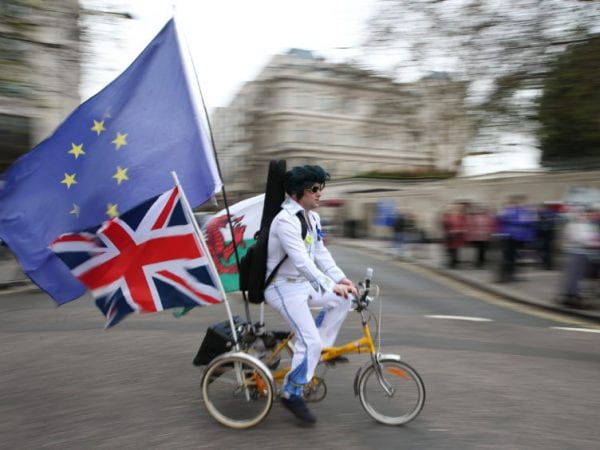
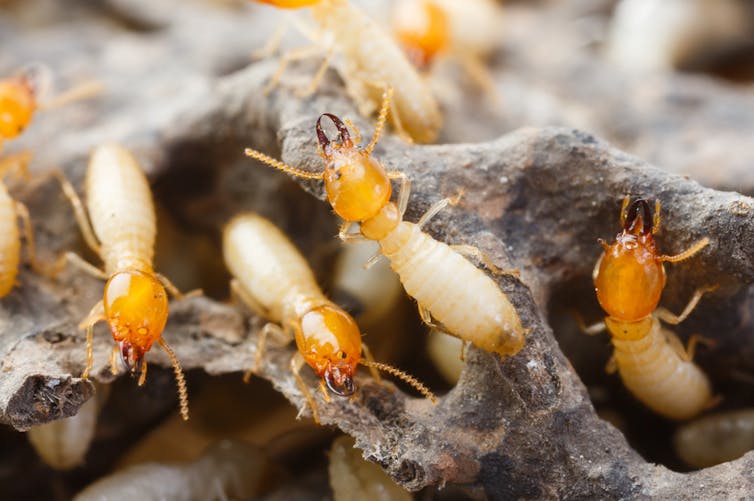
 Theresa May has been granted a Brexit ‘flextension’ until the end of October. EPA/Olivier Hoslet
Theresa May has been granted a Brexit ‘flextension’ until the end of October. EPA/Olivier Hoslet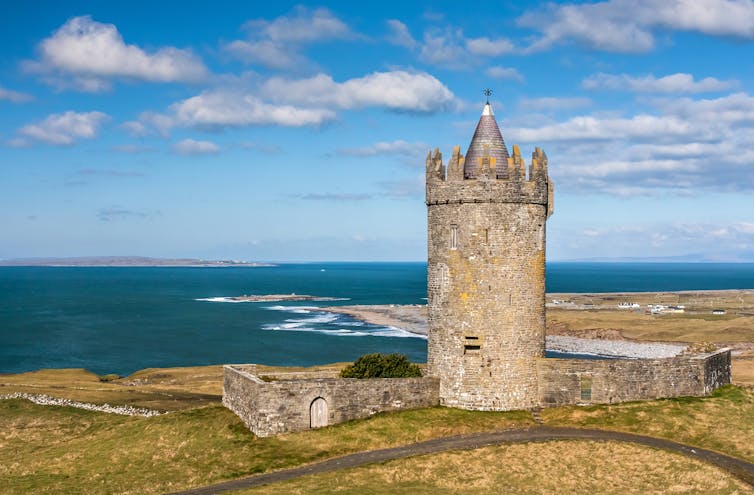
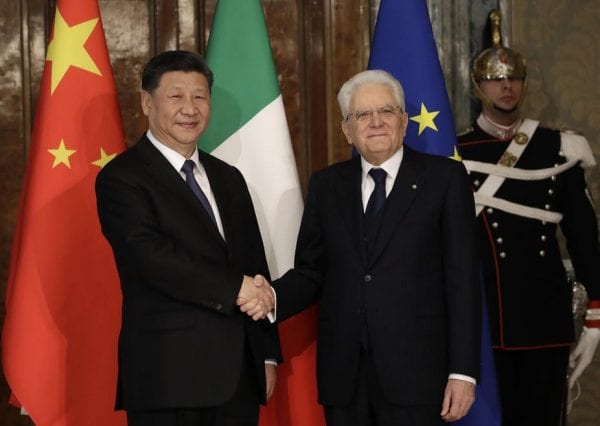

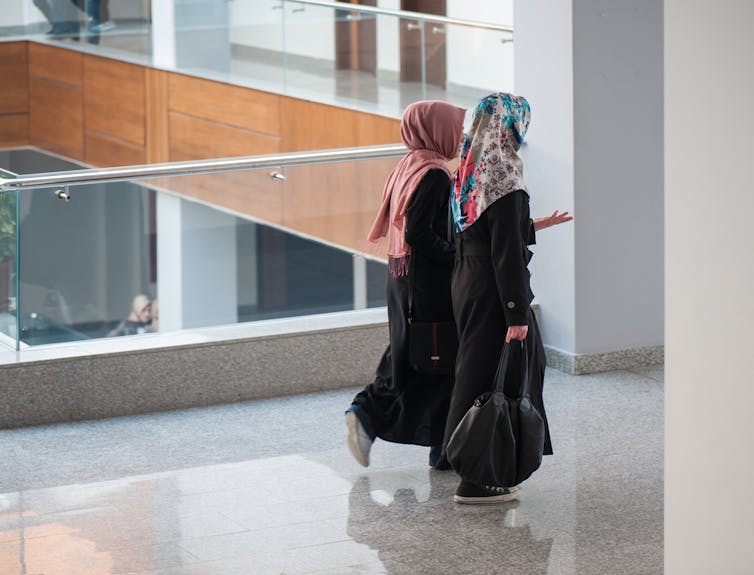
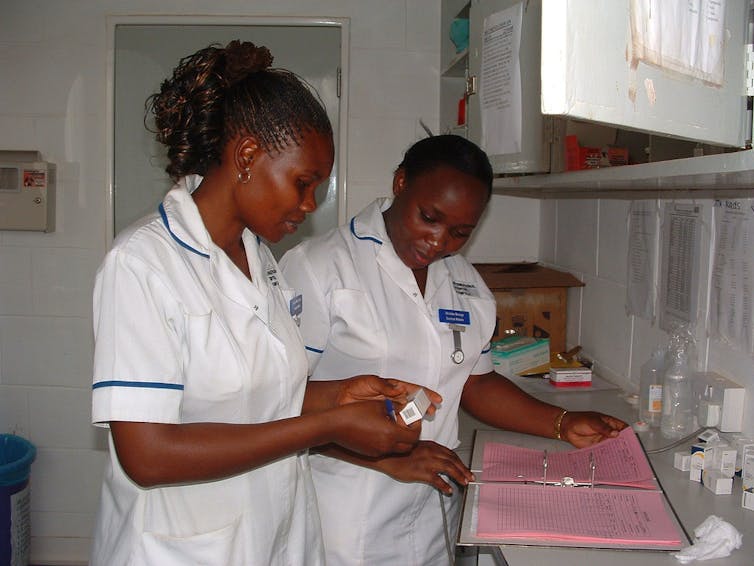
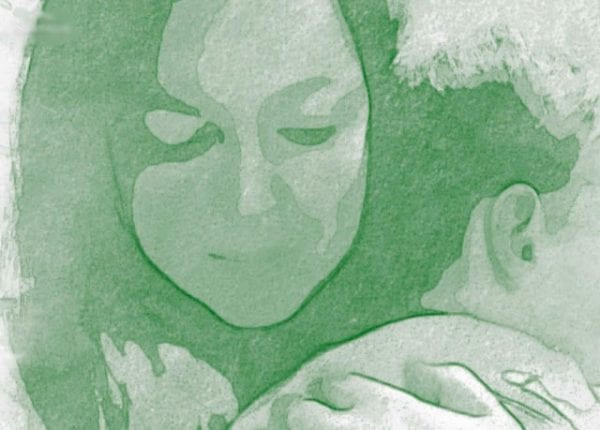 Image credit: Amanda Woodman-Hardy. Copyright.
Image credit: Amanda Woodman-Hardy. Copyright.
